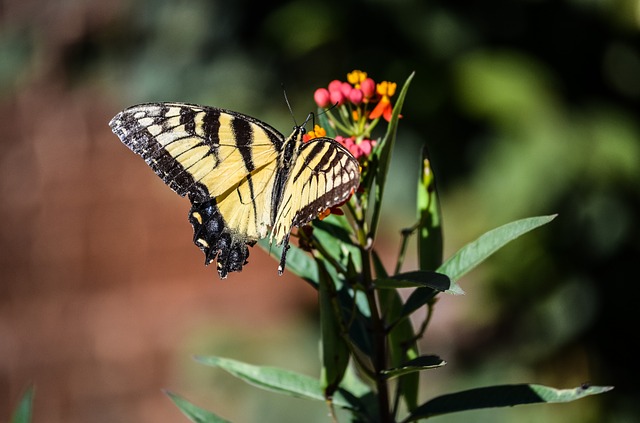In the previous post, I discussed the stress-reduction effects of trees. Florence Williams takes this discussion and research focus further when she explores the healing power of nature. Florence, a journalist and writer, is the author of The Nature Fix: Why Nature Makes Us Happier, Healthier and More Creative. She draws on the latest science, proven practices from around the world and individual case studies to promote the healing power of nature.
Experiencing “nature-deficit disorder”
In a TED Talk given in 2016, Florence described the effects of her own nature-deficit disorder resulting from moving home from the openness of the wilderness environment of Boulder, Colorado to the dense, built environment of Washington D.C. She explained that her sense of wellbeing declined rapidly – she experienced depression, anxiety, irritability and a “sluggish brain”. She was hyper-sensitive to the sounds of planes and noise pollution that surrounded her. However, her saving experience was to be assigned to write for Outside Magazine about the Japanese practice of “forest bathing” (Shinrin-yoku) – absorbing nature through your senses
(sights, sounds, smell, touch, taste). This, in turn, stimulated her interest in the power of nature to make us happier, healthier and more creative.
Global trend to use the power of nature to heal
Following on from the research and writing project in Japan, Florence undertook a global project on behalf of National Geographic. In researching practices involving the use of nature for healing, she discovered different practices in a range of countries. Besides Japan’s “forest therapy trails”, Korea has established “healing forests” along with “forest healing rangers” to take children on programs designed to overcome everything from digital addiction to bullying. Based on their experience and scientific research, Finland has recommended that people spend at least 5 hours a month in nature – a minimum that reflects how nature-deprived we are in the cities of the world. where so much time is spent indoors and on digital devices.
Florence describes the research and practices she uncovered in her global project in a video presentation titled, Your Brain on Nature. This video summarises her book on the power of nature to heal. She gives examples from across the world where nature has been used to help troubled teenagers, people suffering from depression, adults who have experienced trauma or post-traumatic stress disorder (PTSD) and people working in jobs that create a lot of stress such as the role of firefighters.
In her introductory chapter, Florence points to Wordsworth and Beethoven as creative people who drew their inspiration from nature, thus serving as forerunners to modern day neuroscience research which is exploring the impact of nature on our brains – and on our health, happiness and creativity. She points out that the research from the Mappiness app (daily mood monitoring by thousands of people over an extended period) concluded that people are much happier outdoors in nature than they are in urban environments devoid of natural features. She notes the research by Elisabeth Nisbit and John Zelenski that suggests that because of our habitual “disconnection from nature” we tend to “underestimate the psychological benefits of nature”. Their research highlighted that even green spaces in urban environments can elevate mood and generate happiness.
Science shows us how we can be healed by nature
In a landmark article on the impact of time in nature on our wellbeing, Kevin Loria advances 12 science-based reasons we should spend more time outside:
- improves short-term memory
- helps us to de-stress
- can reduce inflammation
- reduces fatigue by restoring energy
- helps overcome depression and anxiety
- my have a protective impact on vision (e.g. reduced rate of myopia)
- improves capacity to focus
- enhances creativity
- improves the immune system
- lowers blood pressure
- promotes the production of anti-cancer proteins
- lowers the risk of an early death.
The science in support of the benefits of nature on health, happiness and creativity is building rapidly as scientists and medical professionals become increasingly aware of the negative impacts of “nature-deficit disorder”.
As we grow in mindfulness through mindful immersion in nature and growing awareness of nature’s healing powers, we can begin to enjoy the benefits of improved health, happiness and creativity. In turn, we can deepen our awe of nature – its energy, beauty and majesty.
____________________________________________
Image by Sven Lachmann from Pixabay
By Ron Passfield – Copyright (Creative Commons license, Attribution–Non Commercial–No Derivatives)
Disclosure: If you purchase a product through this site, I may earn a commission which will help to pay for the site, the associated Meetup group and the resources to support the blog.



